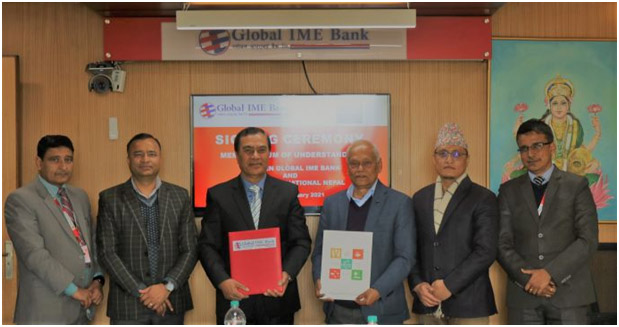Kathmandu. We know what OpenAI and Jony Ive’s first artificial intelligence product won’t be because of a related trademark lawsuit.

Leaders of IO, the consumer hardware company that OpenAI just purchased for $6.5 billion from Jony Ive’s design studio, stated in court documents this month that their first planned product will not be a “wearable” or “in-ear device.” Additionally, they claim that the AI gadget won’t be available until “at least” 2026.

In a statement released on June 16th, Tang Tan, the chief hardware officer of Io and a former design leader at Apple, stated that the prototype that Sam Altman mentioned in the video would not be available for purchase for at least a year. “It is neither a wearable nor an in-ear device, but its design is not yet complete.”

Due to a temporary restraining order granted on behalf of an audio equipment business named Iyo, OpenAI was compelled to erase all public references to the io trademark, which stands for “input/output,” over the weekend. Iyo offers emails demonstrating that executives from io and OpenAI, including CEO Sam Altman, were aware of its existence and even requested to demonstrate the product, an in-ear headset that has not yet been released and is marketed as “the world’s first audio computer,” to bolster its claim that OpenAI wilfully violated its trademark.

According to OpenAI’s June 12th opposition to Iyo’s lawsuit, “for many months after its founding, io surveyed the existing commercial offerings and engaged in prototyping exercises, as it considered a broad range of form factors, including objects that were desktop-based and mobile, wireless and wired, wearable and portable.” “As part of these early efforts, I bought at least 30 different headphone sets, earbuds, and hearing aids from a variety of different companies.” (Maxwell Zeff of TechCrunch was the first to report on the court records.)
Although Tan claims that Io’s first hardware will not be an “in-ear device,” it is evident from the case’s supporting documentation that both Io and OpenAI have given the category some thought. An IO staffer called Marwan Rammah advised Tang in a late March email to think about purchasing 3D scans of human ears “as a helpful starting point on ergonomics and HF.” Iyo offered to personally invest in the business, but Altman politely declined, saying in another email early that month, “Thanks, but I’m working on something competitive, so I will respectfully pass!”















